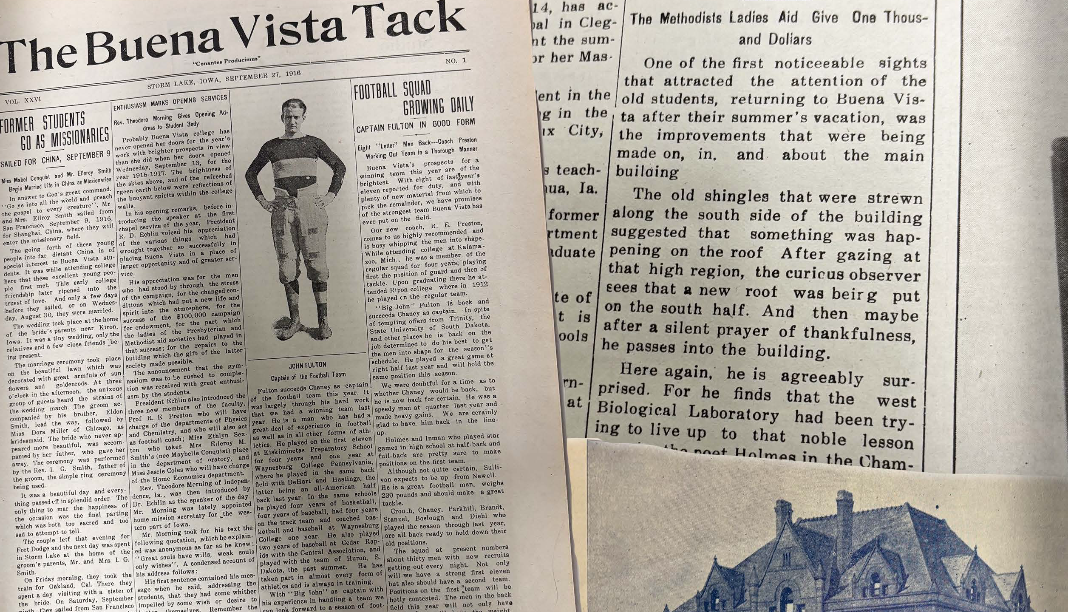Journalistic Objectivity in the Era of Trump
December 5, 2018
Journalism has long held the position of the watchdog of society: the educator of the public, the advocate for change, the critical analyst of government action. Their journalistic credibility, the trust the public places in them to provide accurate and relevant information, is a mark of the profession, and many consider objectivity as the surest way to ensure credibility.
For much of the modern era, objectivity in journalism has been an ideal tempered by reality; while journalists aim for objectivity by fairly presenting as many sides of an issue as possible, they have never claimed to be anything more than inherently biased humans. As a 2018 Time article on the subject argues, objectivity does not require that journalists refrain from making judgements at all, only that the judgements they do make are based on “dispassionate analysis,” and that each side is presented equally.
The problem with this approach is that the objective model may no longer be applicable. Objective journalism assumes that good reporting requires finding at least two sides to any story and presenting them equally; the assumption being that presenting each side accurately equates to presenting the story accurately. Well intentioned as it is, this approach opens journalism to issues with misrepresenting two sides as equal when they are far from it.
The issue has become particularly relevant in the era of President Trump. By most accounts, the Trump administration has been the most difficult in modern history for the press to report on fairly. An ongoing counter run by The Washington Post has recorded, as of Oct. 30, a total of 6,420 demonstrably false claims made by President Trump so far in his presidency, and the number continues to grow. In the wake of an administration that continues to present provably false claims, what approach can be taken by the objective reporter, accustomed to presenting each side with equal fairness, particularly when disproving these mistruths leads to such vitriolic responses from supporters of the administration?
For many news organizations, the answer has been to rally against the spread of misinformation: at least, initially. Two years into Trump’s presidency with partisan journalism running rampant, many have begun to feel that this approach brings their own objectivity into question. The New York Times updated their social media guidelines last year, on the urging of executive editor Dean Baquet, over concerns that a liberal bias was showing. According to an interview by Politico, Baquet particularly addressed a concern that it, “be clear to the public that the paper’s motivation is ‘journalistically sound’ and not part of ‘a vendetta’ against the president,” indicating fears that the press’s coverage of the Trump administration may be calling their objectivity into question.
I would argue that the time for the opposite has come. Faced with an administration that has changed the very landscape of journalism – rampant lies and misrepresentations, overtly biased support by some presses, a rabid following that views any criticism as an unjustified attack – the traditional journalistic objectivity is no longer enough.
Hearkening back to Edward Murrow’s special report condemning Joseph McCarthy, Columbia Journalism Review author David Mindich argues that two criteria justify the shedding of media objectivity: when they are joined widely by other critics, and when the views of their target go far beyond what is acceptable.
The Trump administration has seen widespread criticism from the start of its campaign, and assertions made by the administration – particularly tweets that attack presses critical of the administration and speeches that incite violence in administration supporters – are far beyond what is considered acceptable. In dealing with Trump, Mindich argues that, “No respected journalist would seek a balancing quote from someone who held such a view,” further warning that journalists, “are complicit if we don’t stand up.”
I agree. The time has come to stop tiptoeing around coverage of the Trump administration, nervously tempering the severity of the issue by seeking fairness out of a fear of being accused of unobjectivity. New York Times writer David Leonhardt called it best in a 2017 article on the subject: “There is no escaping this tension at times. News organizations have to decide whether they place a higher priority on seeming subjective to some readers or on stating the facts.”
Journalism pushes to present a clear and accurate account of the truth, and views objectivity as the best course to achieve that goal. However, when an administration gone rogue has taken to attacking the very foundation of journalism, the support and belief of the people, is objective reporting really enough?








Akinbile Abiola • Dec 5, 2018 at 10:58 am
It is unfortunate that this write-up like many others is in itself biased.This article only justifies why the corrupt liberal media should continue in their reckless attack against Mr Trump.The reason why Trump was elected in the first place was the unfair coverage of rebuplican concepts.Any one who holds conservative views is treated as thrash by the liberal media.Your unwillingness to be objective only speaks to the arrogance of Democrats and liberal media to reject any alternative views.You are living in an echo chamber of deceit and false realities.You are the real enemy of the people.Stop dividing America.Embrace the presidency of Donald Trump in the spirit of true patriotism.